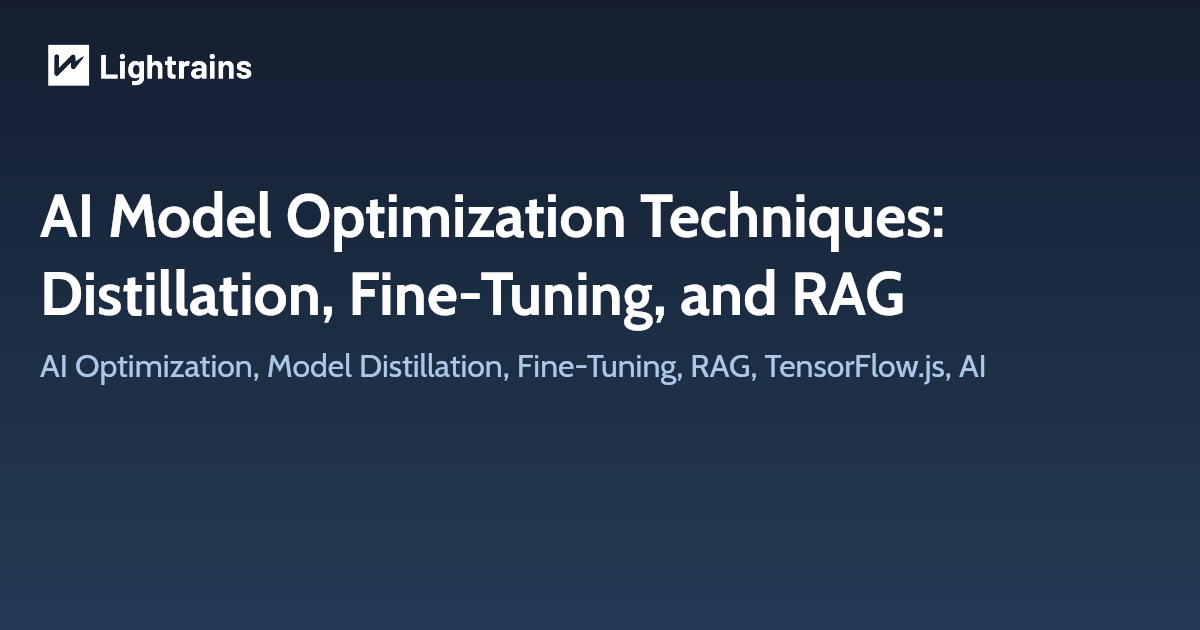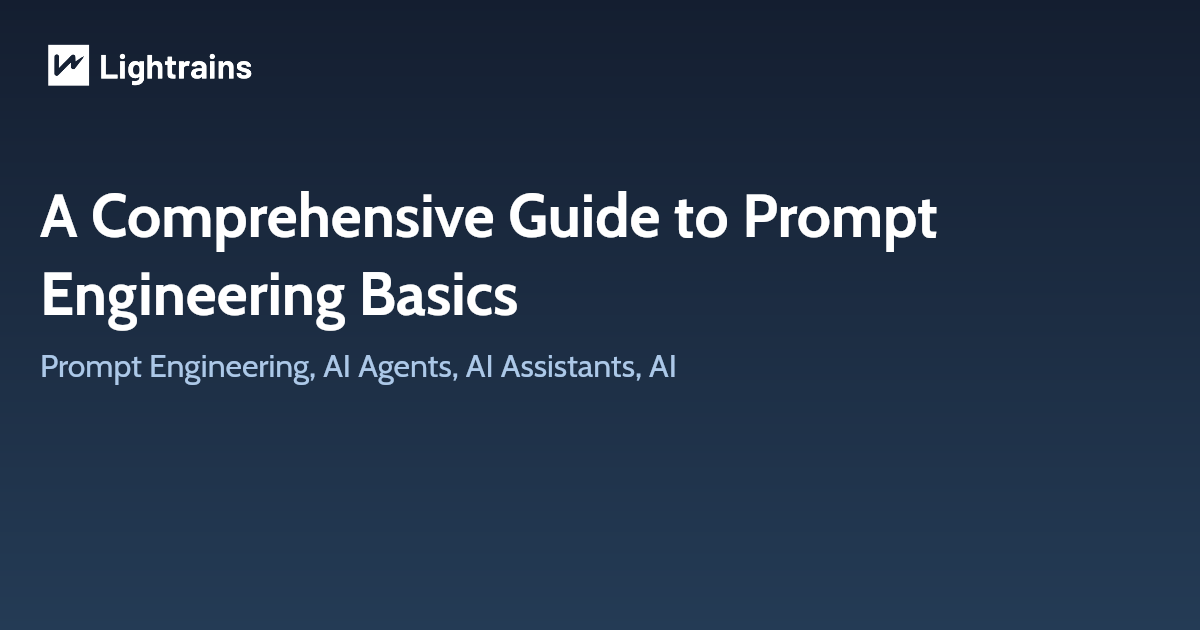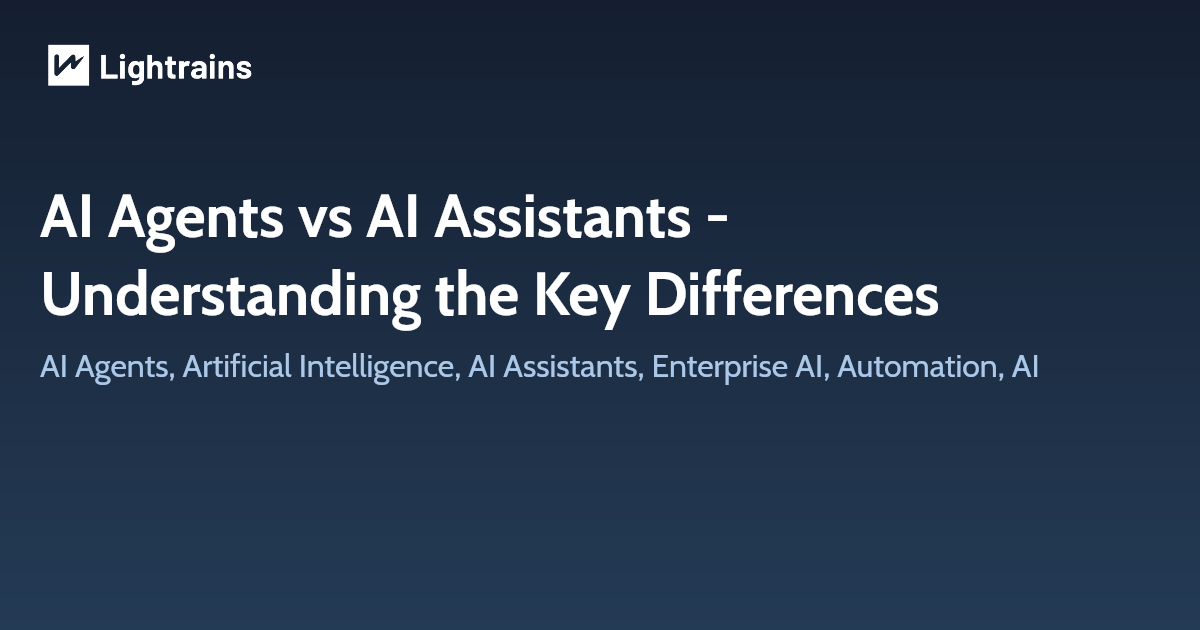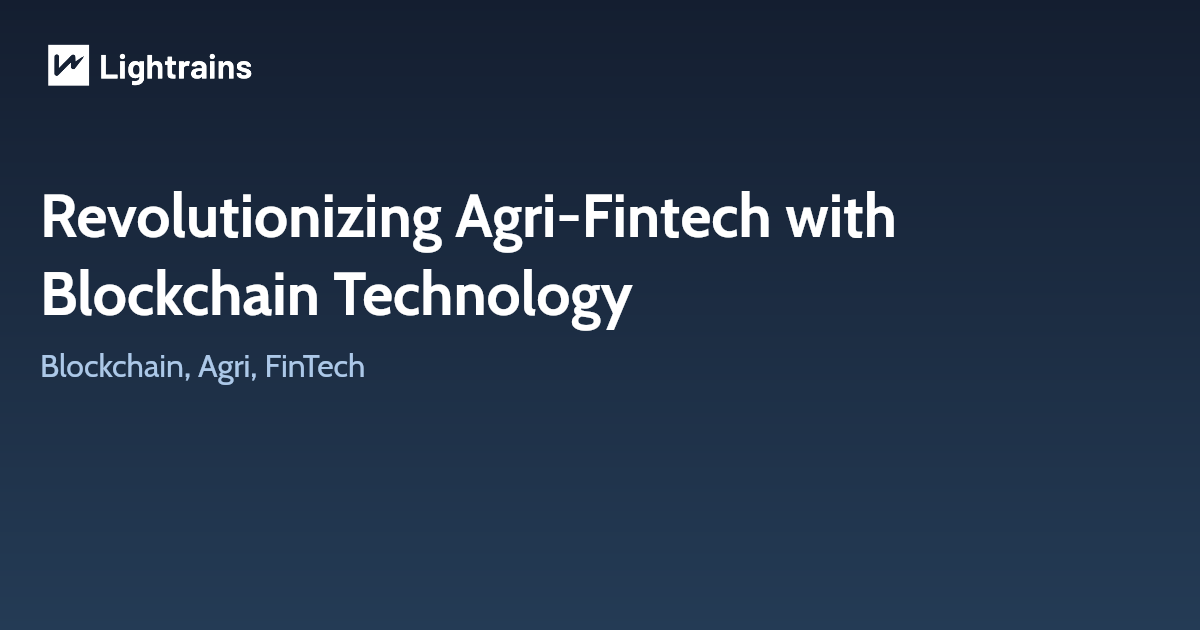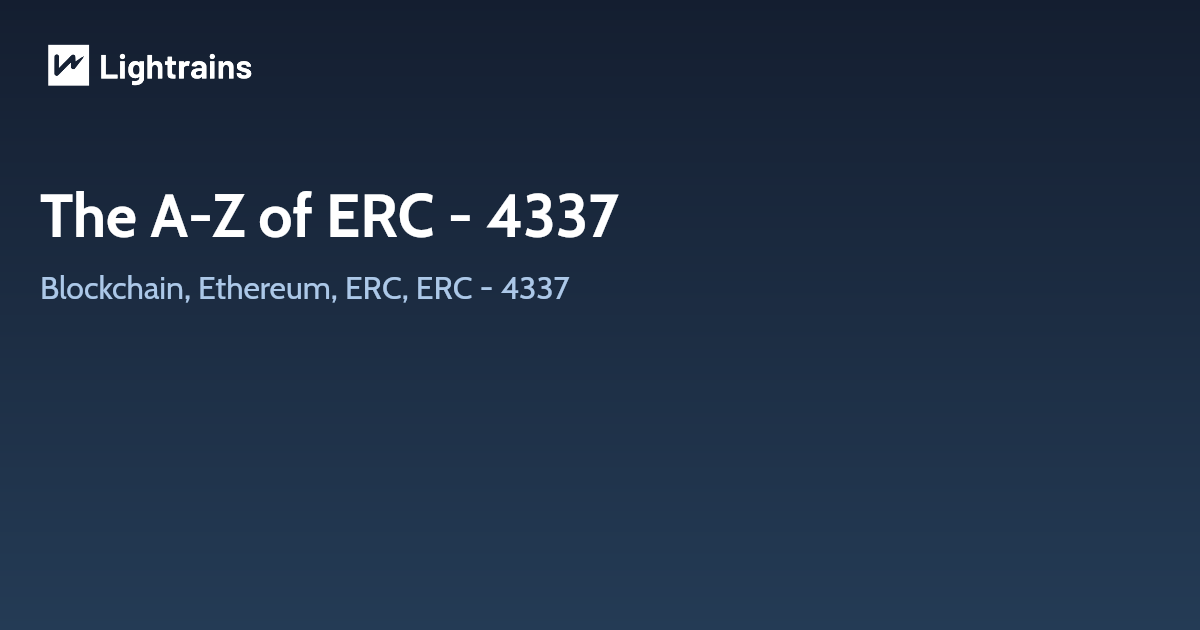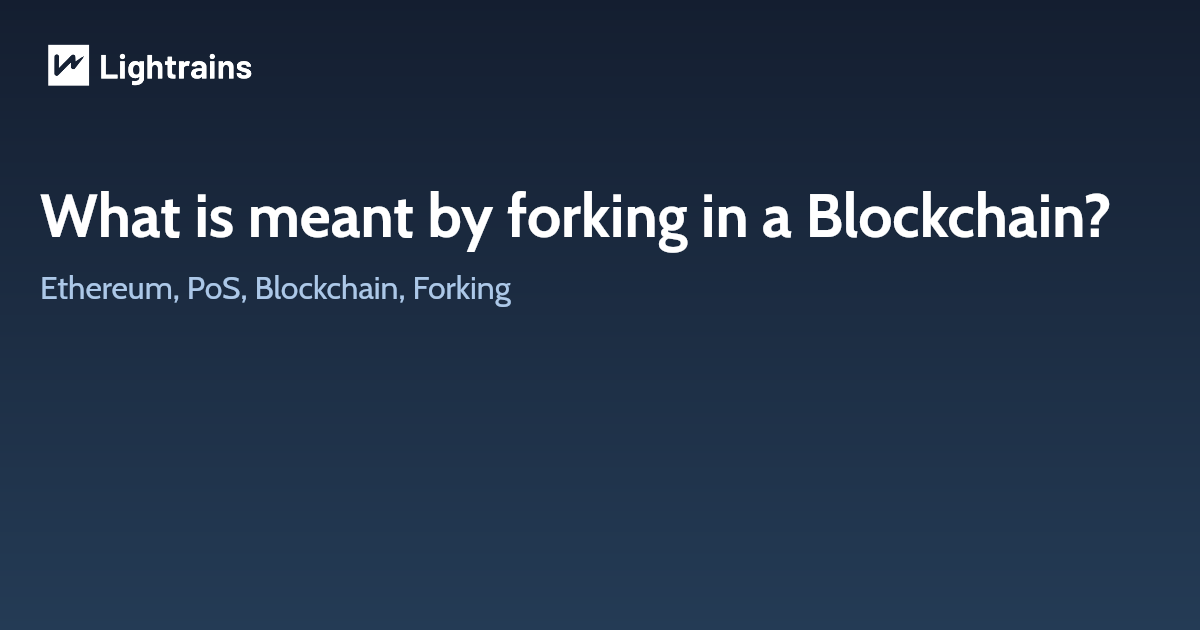
You might heard of the term forking many times in the last few years, if you are in the Blockchain industry by any chance. Here we are attempting to provide a clear understanding of what is meant by forking.
It is not a blockchain specific term;
In software engineering, a project fork happens when developers take a copy of source code from one software package and start independent development on it, creating a distinct and separate piece of software.
What is meant by forking in Blockchain - basics
At its most basic, a fork is what happens when a blockchain diverges into two potential paths forward — either with regard to a network’s transaction history or a new rule in deciding what makes a transaction valid. But forks also can be willingly introduced to the network. This occurs when developers seek to change the rules the software uses to decide whether a transaction is valid or not.
What is meant by forking in Blockchain - advanced
Forking in each and every Blockchain is different, based on the design architecture and use case the chain. We shall look into a more generic scenario.
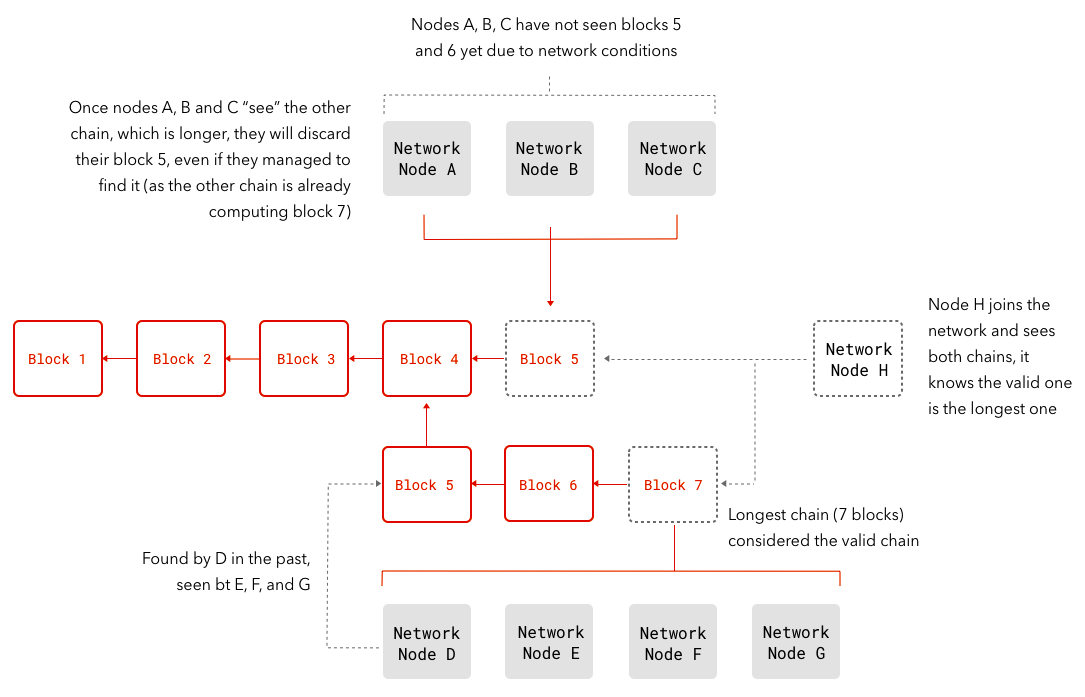
Fork can happen in following situations
- Anytime two miners find a block at nearly the same time.
- Developers seek to change the rules the software uses to decide whether a transaction is valid or not.
Types of Forks
Soft fork: by contrast, is any change that’s backward compatible.
Hard fork: is a software upgrade that introduces a new rule to the network that isn’t compatible with the older software
User-activated soft fork (UASF): is a controversial idea that explores how a blockchain might add an upgrade that is not directly supported by those who provide the network’s hashing power.
What happens when the blockchain forks?
It’s actually quite simple: you get two chains with a shared genesis and are identical up until the forking point, after which they exist exclusively in parallel (unless one is completely abandoned), creating two separate networks.
This article originally appeared on lightrains.com
Leave a comment
To make a comment, please send an e-mail using the button below. Your e-mail address won't be shared and will be deleted from our records after the comment is published. If you don't want your real name to be credited alongside your comment, please specify the name you would like to use. If you would like your name to link to a specific URL, please share that as well. Thank you.
Comment via email
